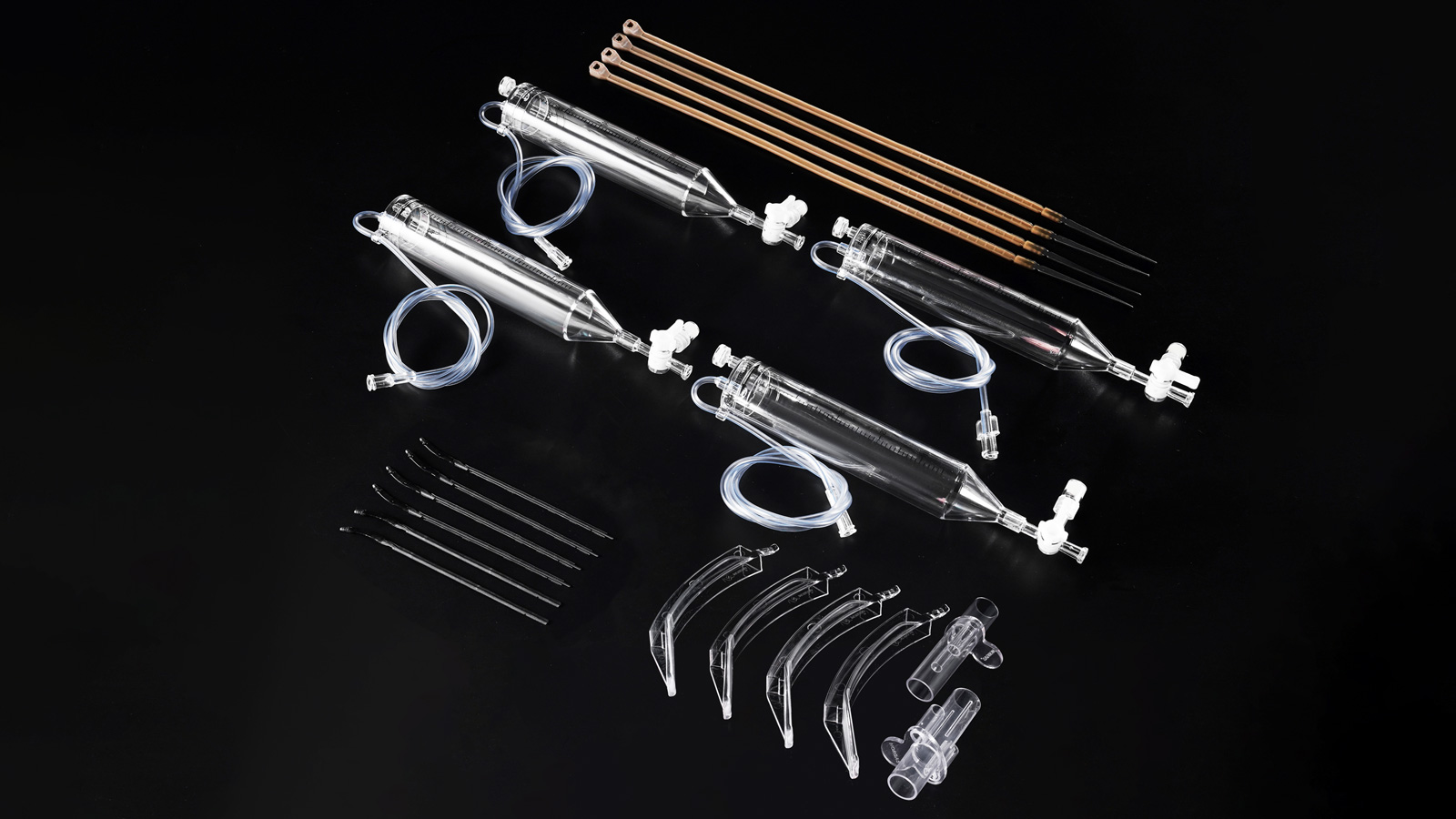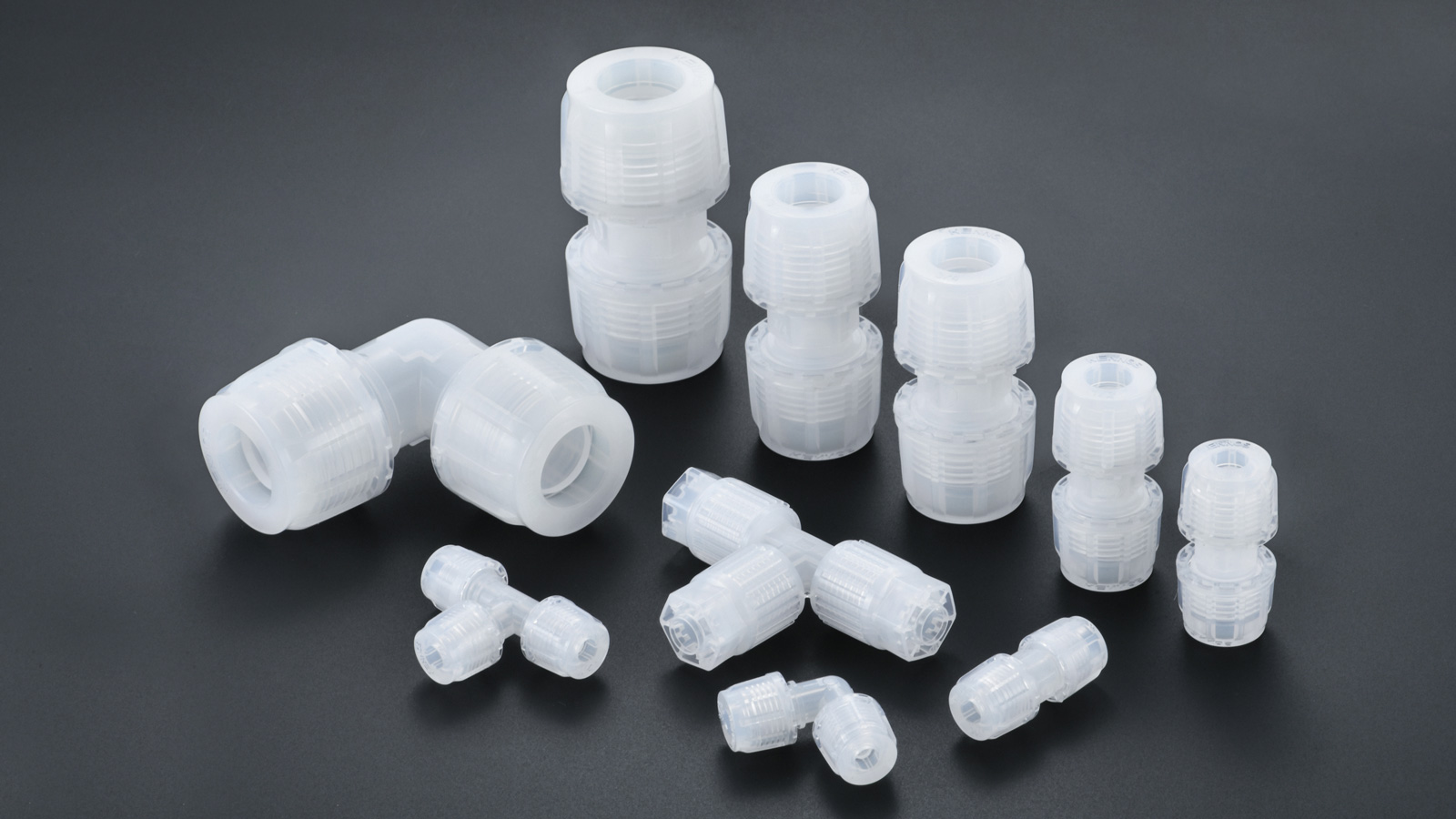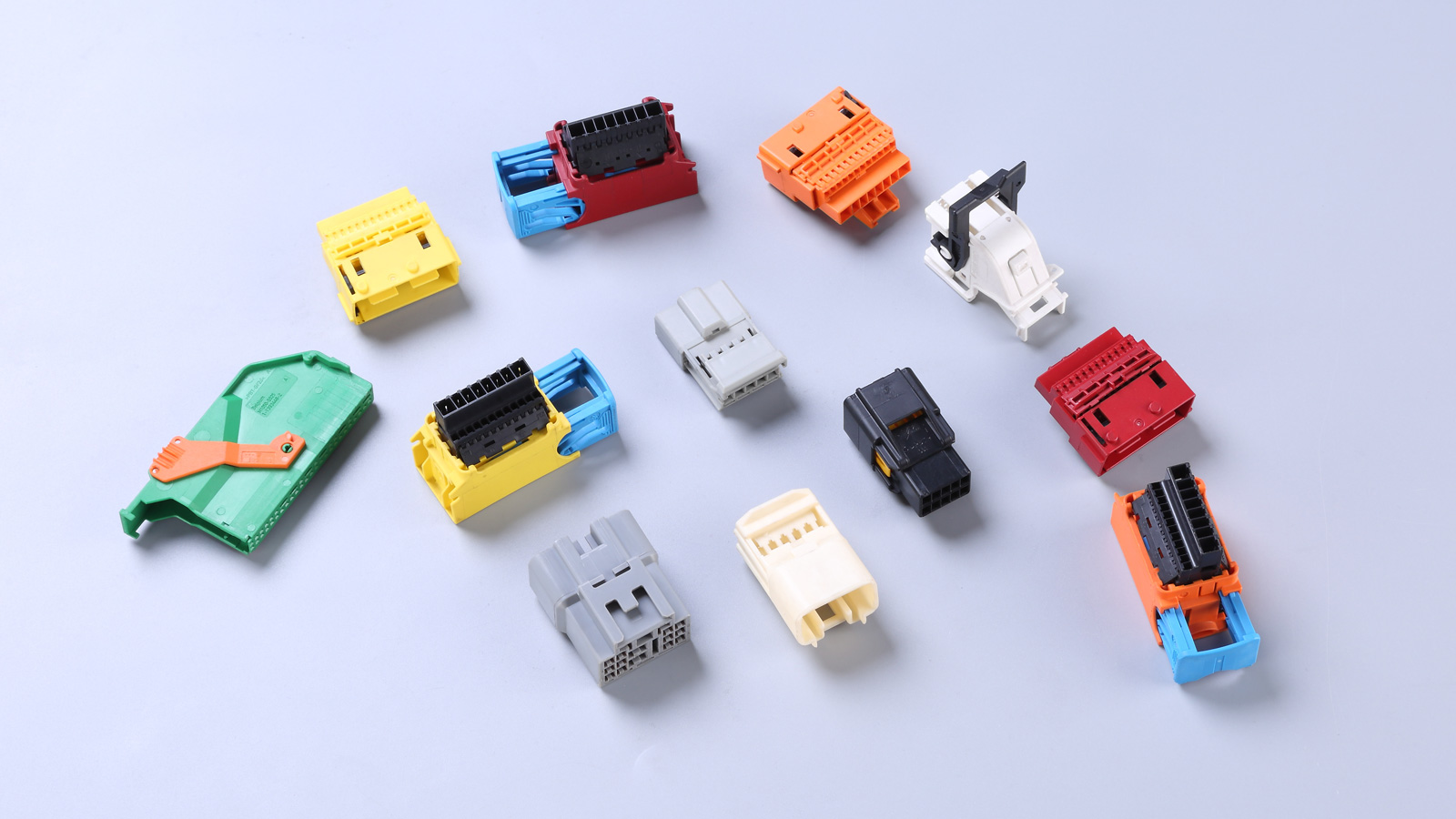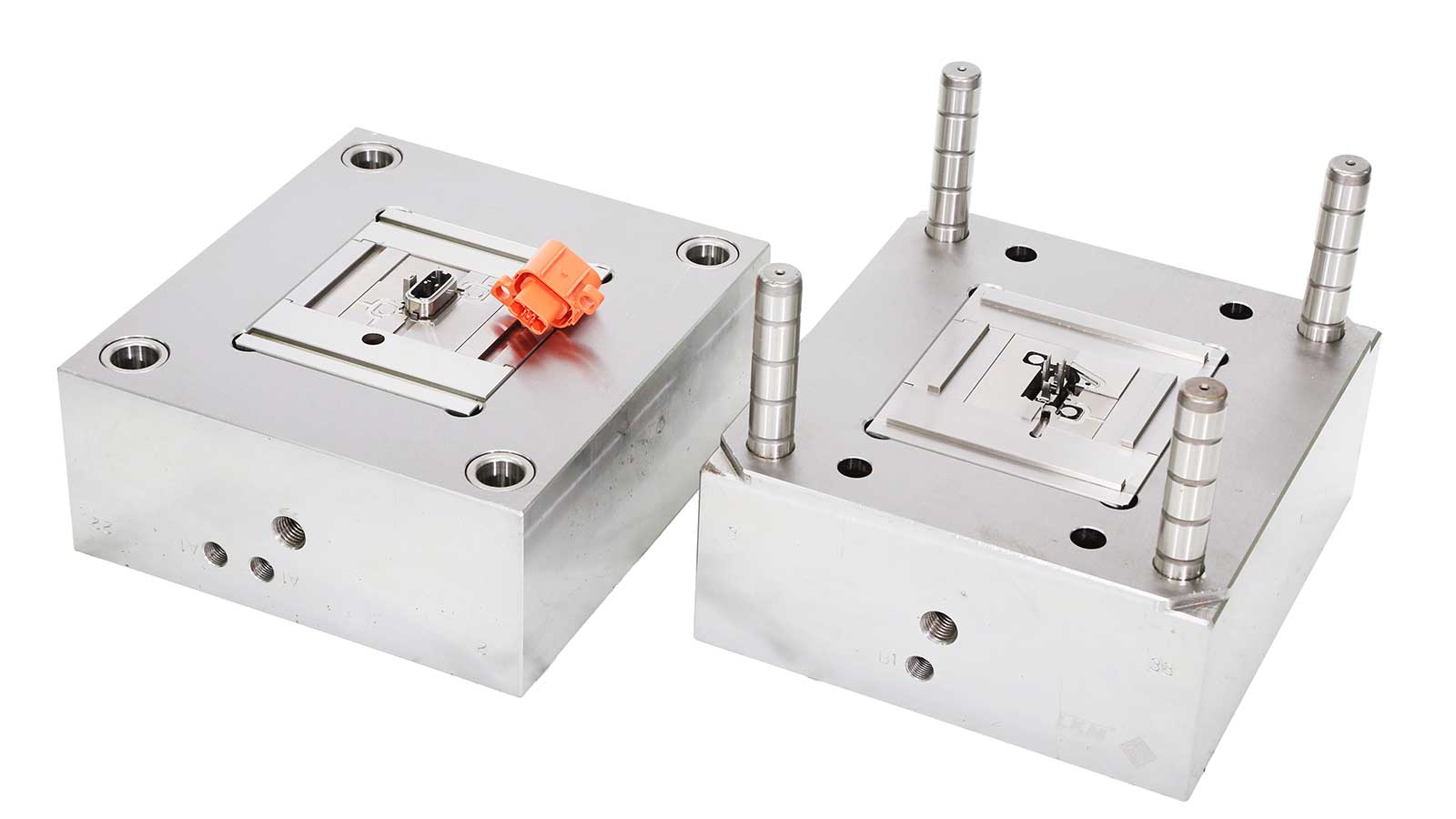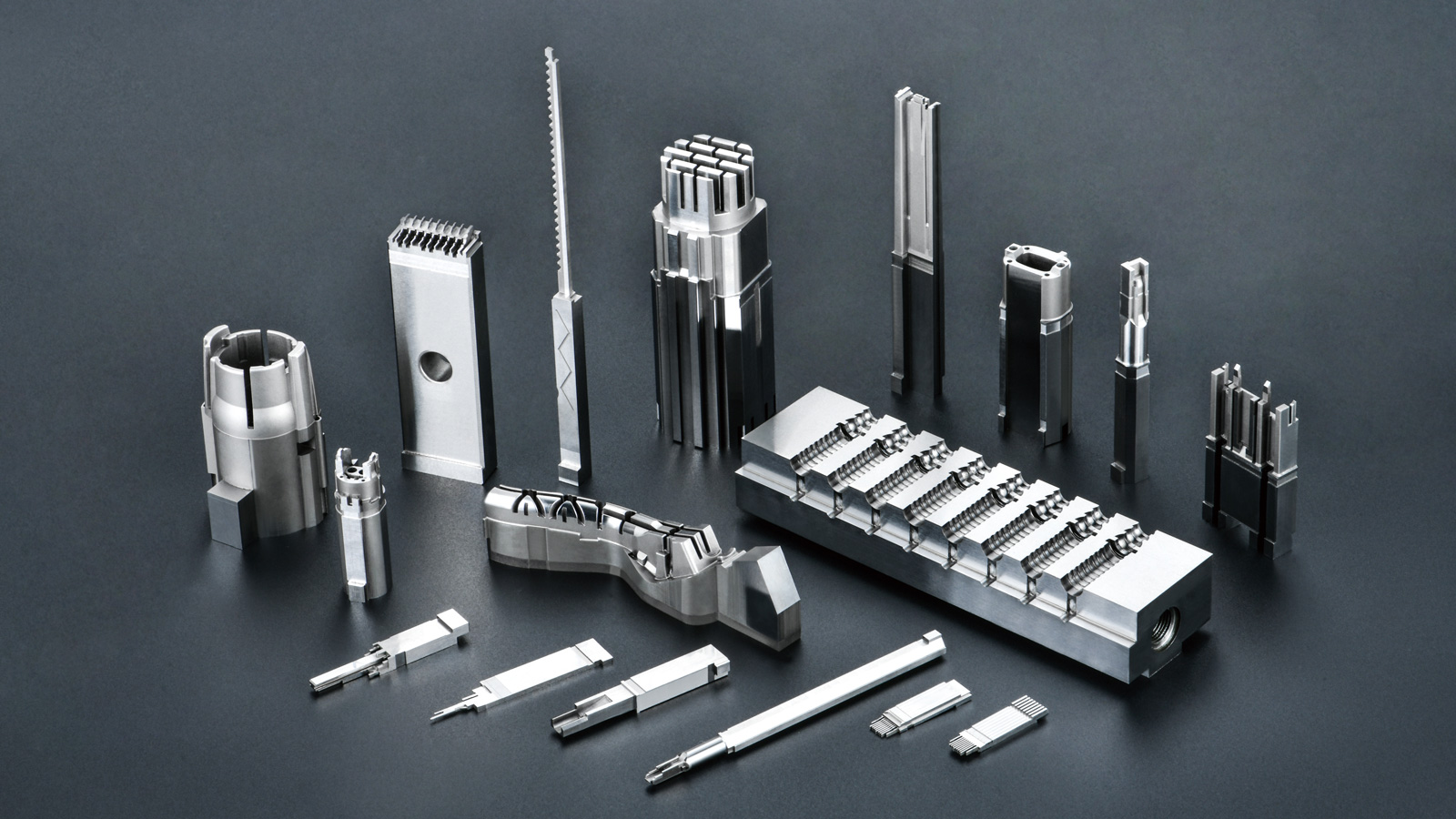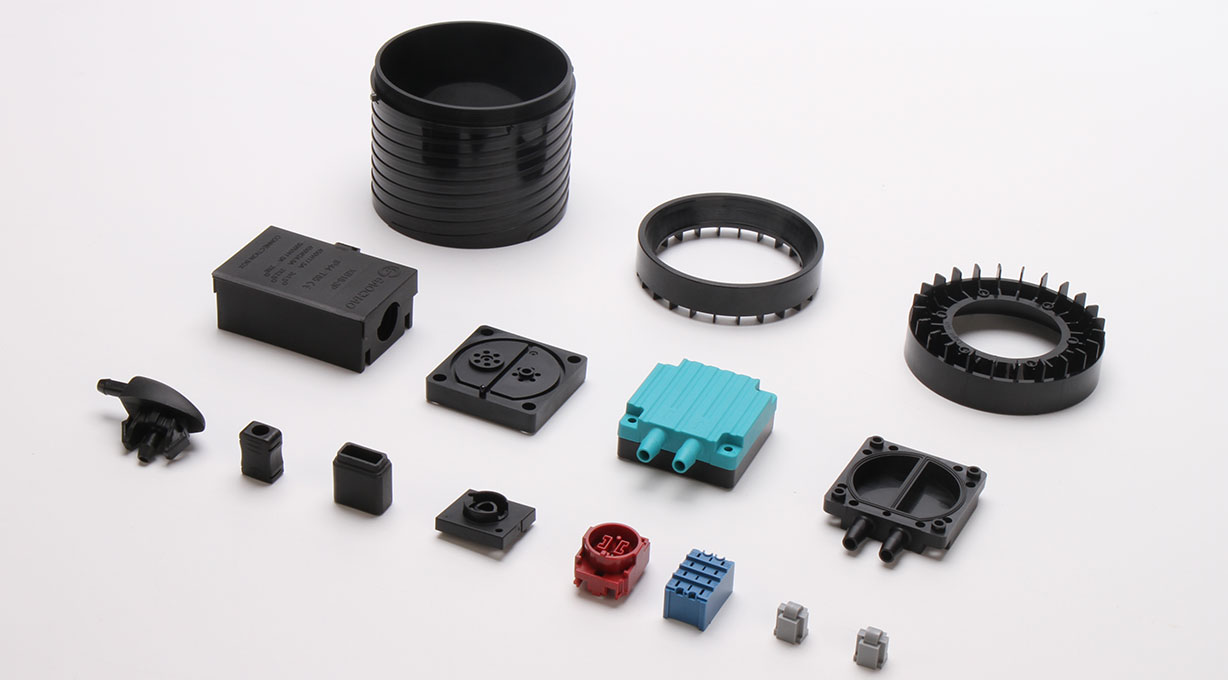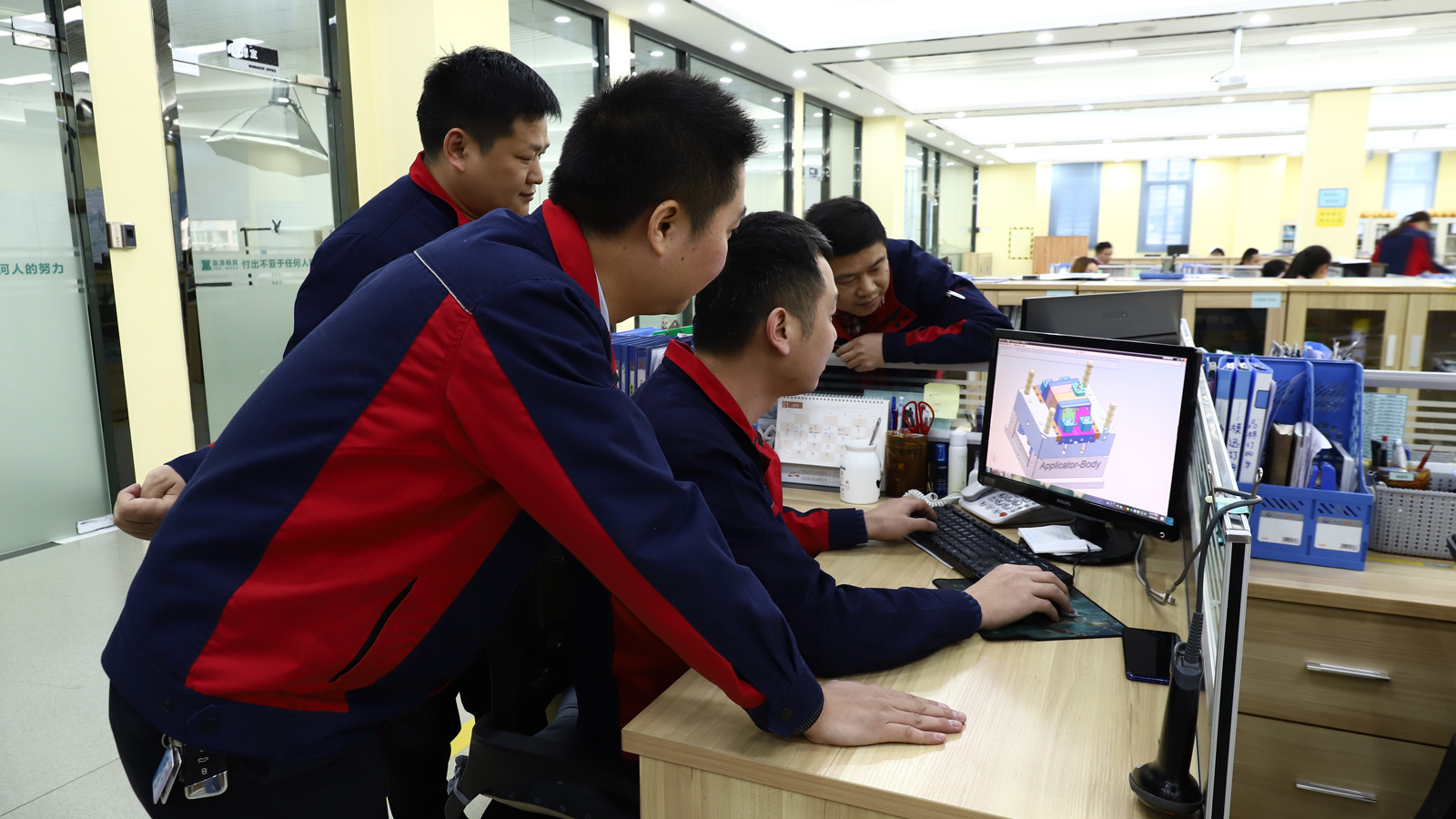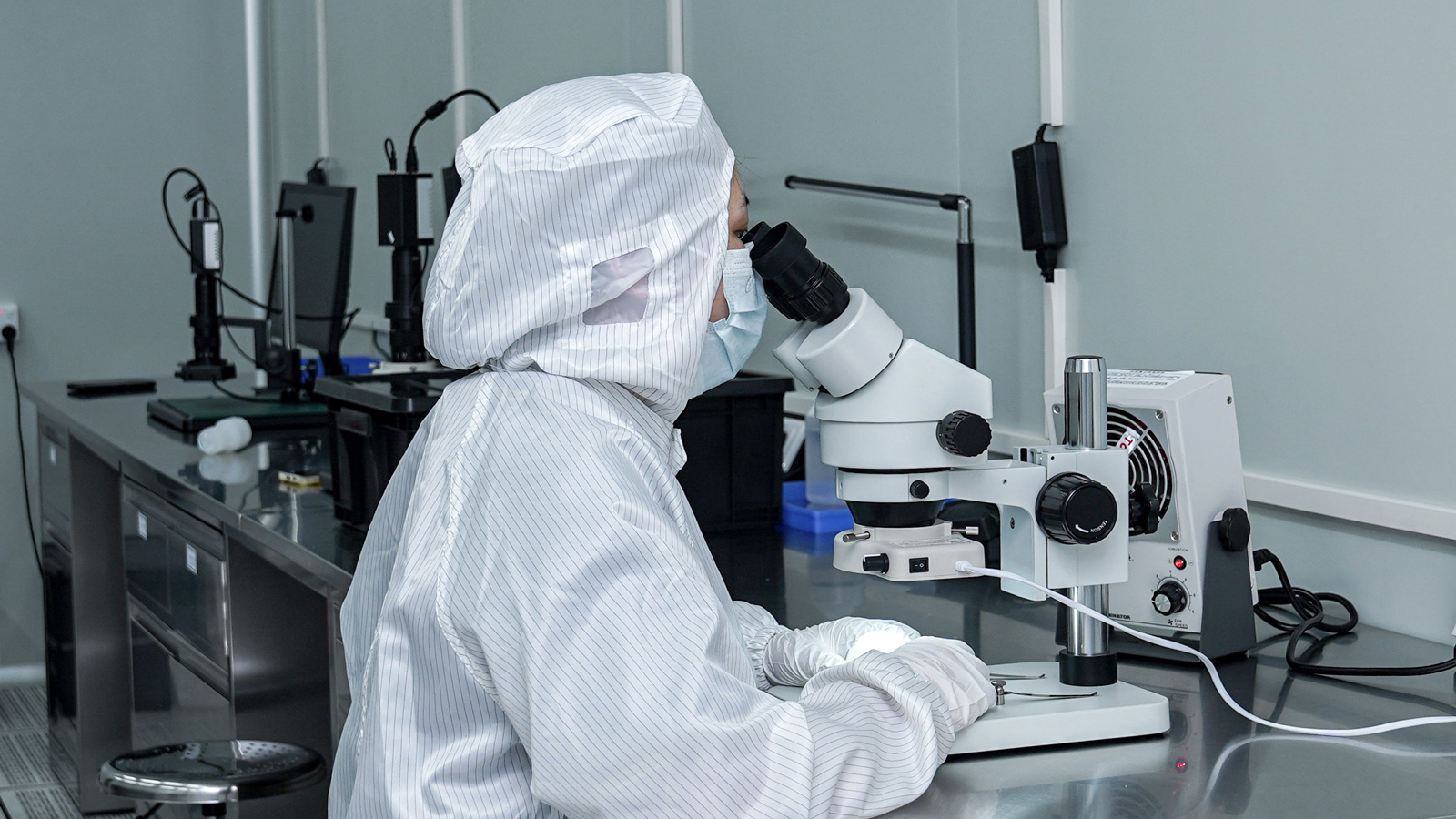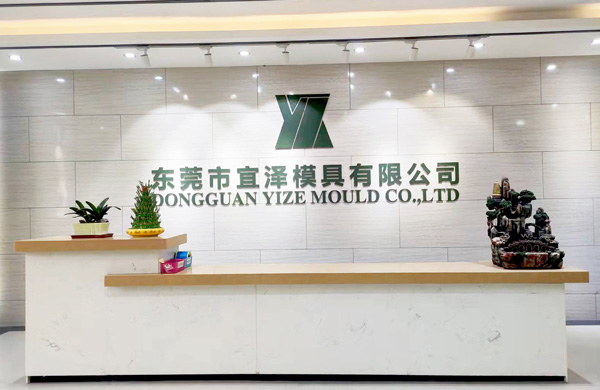Polyphenylsulfone (PPSU), a high-performance thermoplastic engineering plastic, is renowned for its heat resistance, mechanical strength, chemical corrosion resistance, and biocompatibility. These properties have enabled its widespread use in medical, consumer goods, and industrial applications. This article explores the PPSU injection-molded products’ applications across diverse fields.
I. Material Characteristics: The Foundation of High Performance
PPSU belongs to the polysulfone family and offers the following advantages:
- Heat Resistance: Capable of continuous use at 180°C and short-term exposure up to 207°C, it withstands over 1,000 cycles of autoclave sterilization (134°C/3 minutes) without performance degradation.
- Mechanical Strength: Boasts a tensile strength of 65–75 MPa and a flexural modulus of 2.3–2.5 GPa, combining high rigidity with toughness. Its impact resistance is 1.5 times that of polycarbonate (PC).
- Chemical Stability: Resistant to acids, alkalis, alcohols, and various organic solvents, making it suitable for medical disinfectants (e.g., glutaraldehyde, peracetic acid) and food-contact environments.
- Biocompatibility: Meets FDA 21 CFR 177.2450 and ISO 10993-1 standards, with no cytotoxicity, sensitization, or genotoxicity, qualifying it for implantable medical devices.
- Transparency and Processability: Features a light transmittance of 88% (close to glass) and can be molded into complex structures via injection molding or extrusion, with tolerances as tight as ±0.02 mm.
II. Medical Applications: Revolutionizing Surgical Tools and Implantable Devices
- Surgical Instruments
PPSU components such as clamp bodies and handles replace traditional metals, reducing weight by 40% while resisting sterilization corrosion. For example, a PPSU surgical clamp achieved a clamping force retention rate of ≥95% after 100,000 cycles through precision injection molding with 0.05 mm-accurate serrations. - Implantable Devices
PPSU is used in short-term implants like heart valve scaffolds and bone screws. Its X-ray translucency similar to human tissue facilitates postoperative imaging. A PPSU spinal fusion cage with 70% porosity achieved a 90%+ fusion rate within six months. - Fluid Management
PPSU infusion sets, connectors, and other components withstand temperature shocks from -40°C to 180°C and resist medication corrosion. A PPSU infusion system passed 100% airtightness tests with a leakage rate of <0.1 mL/min.
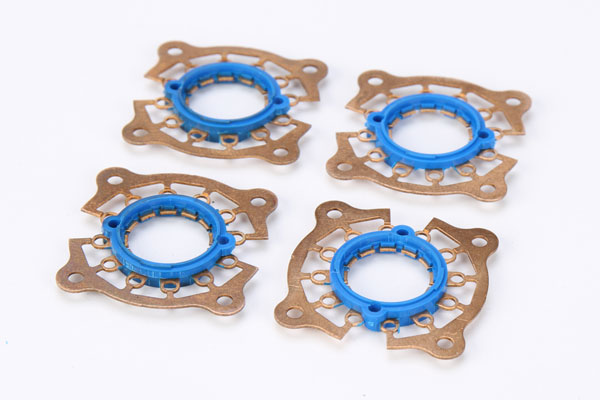
III. Consumer Goods: Merging Safety with Functionality
- Baby Products
PPSU baby bottles dominate the premium market for their shatterproof design (10x stronger than glass) and 207°C autoclave compatibility. A lightweight (80g) PPSU bottle with a 1.2 mm-thin wall achieved an impact strength of 15 kJ/m² via injection molding. - Kitchenware
PPSU is used in coffee maker reservoirs, microwave containers, and more. Its oil resistance is exemplified by a PPSU lunch box that lost <0.1% mass after 72 hours in olive oil. A PPSU food container with an integrated injection-molded seal achieved a leakage rate of <0.01 mL/min. - Outdoor Gear
PPSU water bottles and utensils are lightweight and durable for extreme environments. A PPSU hiking bottle survived a 3 m drop test and -30°C freezing, thanks to injection-molded reinforcing ribs.
IV. Industrial Applications: Corrosion-Resistant and High-Performance Solutions
- Chemical Equipment
PPSU valves, pumps, and other components resist strong corrosive media like concentrated hydrochloric acid and sodium hydroxide. A PPSU chemical pump achieved 20% higher flow efficiency and a 5x longer lifespan than PVC counterparts through optimized injection-molded flow channels. - Electronics and Electrical
PPSU connectors and insulators offer a dielectric strength of 20 kV/mm and UL94 V-0 flame retardancy. A PPSU socket with injection-molded metal contacts achieved a contact resistance of <5 mΩ and >500 hours of salt spray corrosion resistance. - Aerospace
PPSU is used in aircraft interiors and sensor housings for its low density (1.29 g/cm³, 40% lighter than aluminum). A PPSU aircraft window frame achieved 85% light transmittance and 150°C heat resistance through complex curved injection molding.
V. Technical Challenges and Future Trends
- Technical Bottlenecks
- Large-Scale Injection Molding: High melt viscosity can cause weld lines or voids in large parts.
- Surface Treatment: Low surface energy hinders adhesion for painting or printing, requiring pre-treatment technologies like plasma treatment.
- Future Directions
- Composites: Enhancing strength with carbon fiber (CF) or glass fiber (GF), e.g., a PPSU+30% CF composite achieves a 10 GPa flexural modulus.
- 3D Printing: Developing PPSU filaments for customized medical devices. A research team achieved 50–90% porosity and 15 MPa compressive strength in 3D-printed PPSU scaffolds.
- Biodegradability: Exploring degradable PPSU derivatives for temporary implants. A lab-synthesized polyester-PPSU copolymer degraded 80% in vivo within six months.
PPSU injection-molded products, leveraging their comprehensive properties, are expanding from traditional fields into high-end manufacturing and biomedical applications. Advances in material modification and molding processes will further drive PPSU’s adoption in critical industries.
